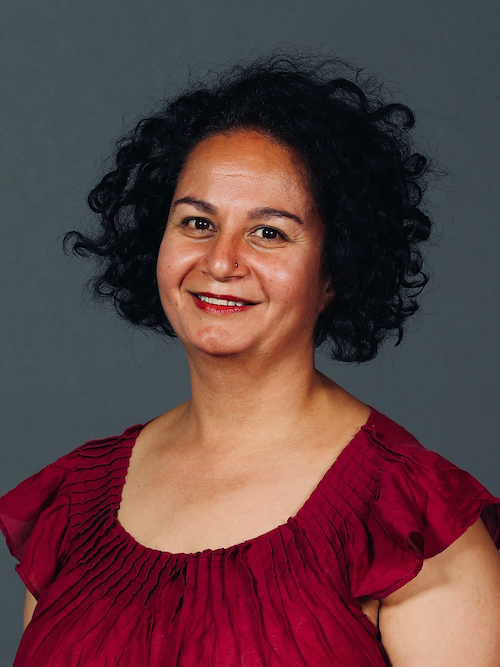I am learning Hindi and have found the experience particularly challenging given the rather diverse cultural history I come from ( something I have discussed a bit previously here).
My grandparents were born in India, my parents in East Africa and myself in Australia. Growing up, a mixture of four languages were spoken in my home (English, Gujarati, Hindi and Swahili) but the predominant one was English. The food we ate was mostly Gujarati with some western influences slowly creeping in over the years: my favourite comfort food is still my mother’s Indian style macaroni and cheese. My mother wore saris and salwar chemise, with western clothes also becoming more common in recent years. My father however never wore a dhoti… he always wore western clothes. As kids we would wear chaniya cholis and go to the Gujarati society functions for Navratri and Diwali and my mother would go to regular Satsangs.
To my Australian friends this all made me Indian. Yes I had the same accent as them, did the same things (although my parents were a little stricter) and liked the same music, but there were things about my background and home life that were different to them.
Yet in India I am not considered Indian at all.
I occasionally speak Hindi here which completely freaks people out, probably because it comes with an Australian accent. Apparently I dress and carry myself like a westerner (most of the time) and this means I am not Indian. I personally cannot tell the difference (aside from the accent) between the way I dress and carry myself to that of the middle class Indians I have met here. Their English is fluent, they wear western clothes and listen to far cooler music than me. Yet I am the outsider here.
In Australia I am Indian. In India I am Australian. My parents hearts are in Africa, my sister is a nomadic citizen of the world and my nephews have European passports.
So where do I fit in exactly?
Global migration is not a new phenomenon, but it is growing particularly as people move not once but more frequently. So when we look at who we are, how we define it becomes so complicated. The need to define which “box” I belong in has never been very important to me… until now. Now I am in India, a culture I identify with in so many ways, but no one will recognise me for it. It is hurtful and quite isolating.
Yesterday I had my first feeling of relief since I arrived in India from a Hindi teacher. He listened to me struggle to speak for 5 minutes and then just looked at me (without asking me about my background) and said “you are a near native speaker”. In para-phrasing him he told me that I was clearly Indian and had been around this language my whole life and it wouldn’t be too hard to get me speaking it properly.
It was such a relief to hear someone actually acknowledge my background for the first time in 6 months.
So when I become fluent in Hindi will that then make me Indian? I doubt it. I also wear kurtas quite a bit, but that hasn’t seemed to change how I am perceived here. So what is the magic ingredient that will give me acceptance here?
With the Indian diaspora spreading across the world at high speed, how will they all grow up and identify themselves? Perhaps this is the beginning of new cultures, or possibly its the end of the Indian identity as we know it and the creation of a myriad of new ones.

Leave a Reply